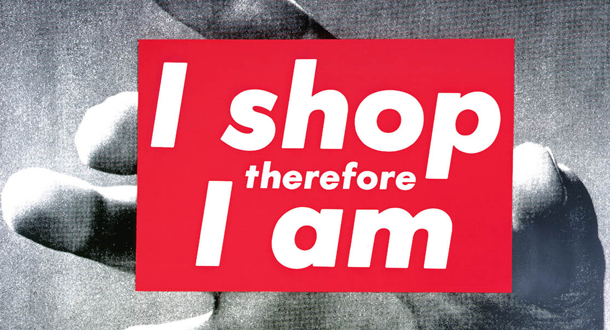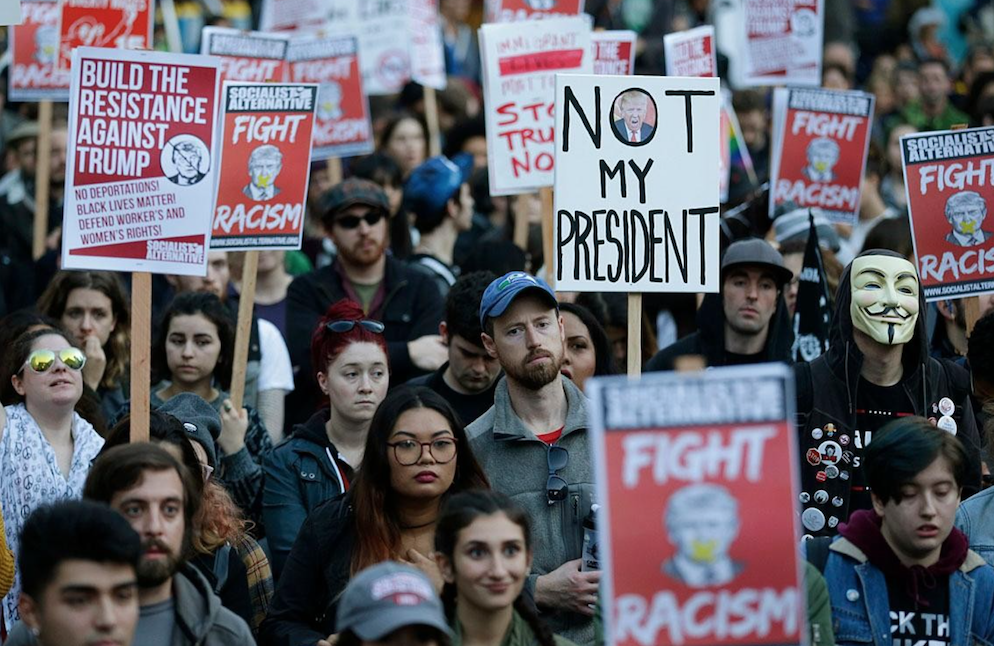Business
MANGA MONDAYS | Advertising with Anime: Places as Products
|
If you’re ever riding a train in Japan’s Tottori prefecture, you might be lucky enough to ride the “Conan Train.” Which, as it happens, is exactly the same as a regular train, except for the fact that the outside is a giant advertisement for the “Conan” anime (that’s “Case Closed” in America). Why, you might ask, is there such an over-the-top advertisement for an anime in the middle of Japan’s least populous prefecture? Surely the advertisement would reach more people in Tokyo? As it happens, Tottori prefecture is the home of Gosho Aoyama, the author and illustrator of the Conan manga. Thus, it’s not that someone is advertising the anime or manga.









